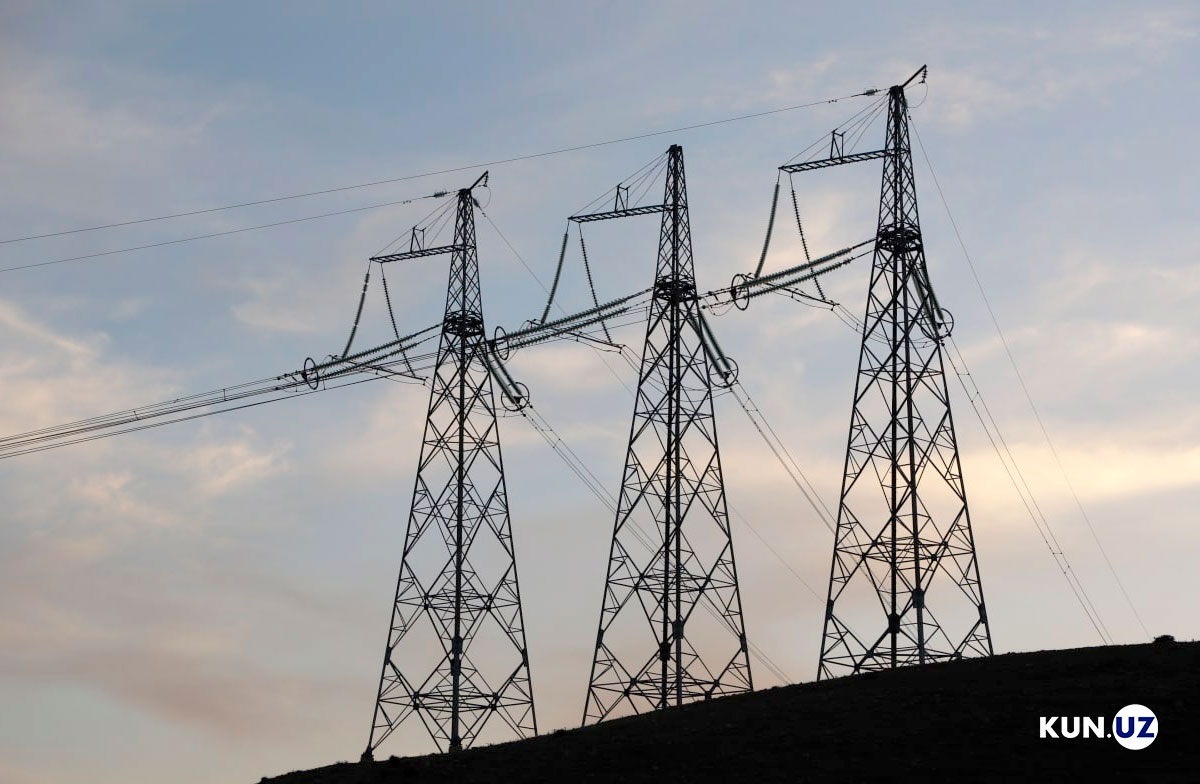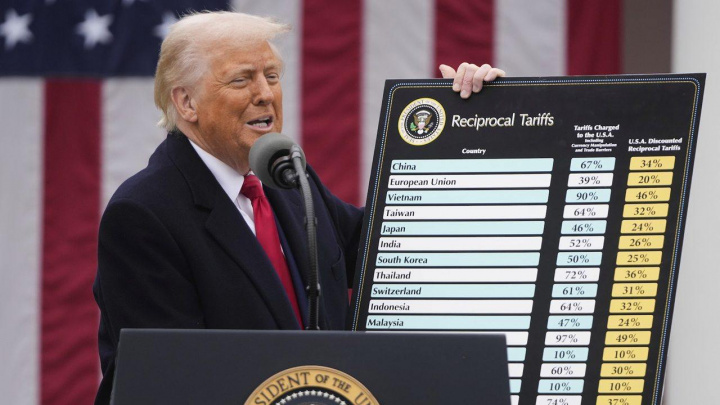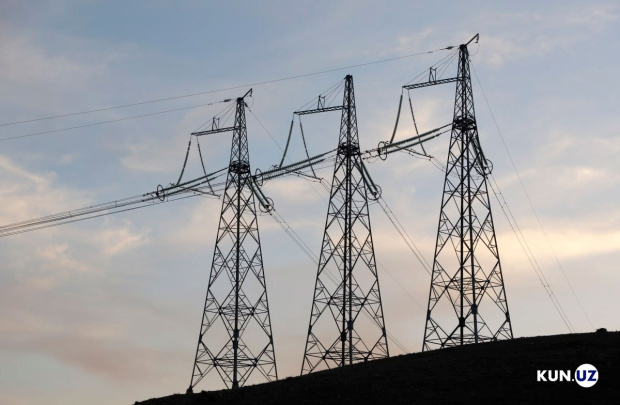Uzbekistan to switch to differentiated tariffs in energy supply
Uzbekistan will introduce social norms for the consumption of electricity and natural gas. According to the Deputy Minister of Energy, these norms will cover the majority of household consumers.

Photo: Kun.uz
Most residential consumers in Uzbekistan use energy supplies that do not exceed the expected social norm. This was announced by Deputy Minister of Energy Sherzod Khodjayev at a meeting with journalists on May 12, Kun.uz correspondent reports.
“We will introduce differentiated tariffs at the national level. The system will be fully operational. A single tariff policy will be maintained for all regions. At the moment, I can say that the consumption of most consumers does not correspond to the increased tariff, but to the base tariff,” Khodjayev said.
The Deputy Minister did not disclose the size of the quotas and when differentiated tariffs will be introduced.

It should be recalled that in May 2020, the government of Uzbekistan approved the introduction from 2022 of differentiated tariffs for electricity for the population by time of day, working/weekend days.
Differentiated electricity tariffs are used in many countries. They make it possible to introduce a flexible tariff setting scheme and, accordingly, payment for electricity consumption. The consumer receives the right to conclude contracts either at a tariff differentiated by the time of day (when, as a rule, electricity is cheaper at night), or at a single rate tariff (that is, the same price of electricity during the day). In addition, a tariff differentiated by consumption volumes (using the base rate) is used.
For information, according to the State Program for 2022, preparations for energy reform should begin this year. On May 10, fears were raised on social media that the liberalization of the energy sector could again be delayed. According to economist Otabek Bakirov, the consequences of the Russian-Ukrainian war may now interfere with reforms that were delayed due to the pandemic.
Related News

15:50 / 03.04.2025
Trump imposes 10% baseline tariff on all imports, raising economic uncertainty

14:07 / 26.02.2024
New deadline set for development of energy tariff reform project

17:15 / 03.01.2024
Tariffs for cold water and sewerage to increase in Karakalpakstan

11:51 / 02.12.2023



